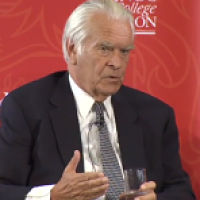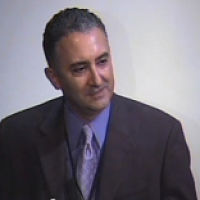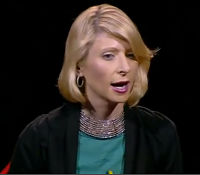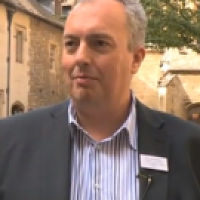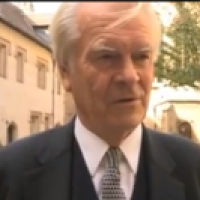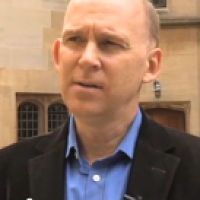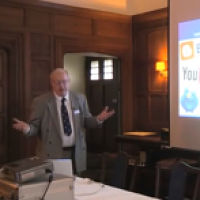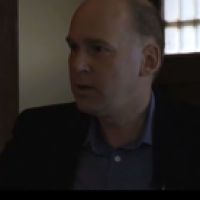Videos
Lord Owen: Hubris Syndrome and the need for research. (2012)
Further background to Hubris Syndrome and the Daedalus Trust, and the need for more research in the area. "We’ve now got acquired personality disorders. The question is can it affect...
Written by: Owen, Lord David.
ViewConference 2012: Prof Nassir Ghaemi video clip – Political power and psychopathology
"Rather than stigmatise those with mental health problems, we need to challenge discrimination and explore the positive aspects of mental illness....those with depression tend to be more realistic and more...
Written by: Ghaemi, Prof Nassir.
ViewYour body language shapes who you are. (2012)
“Power posing”, standing in a posture of confidence, can affect testosterone and cortisol levels in the brain Amy Cuddy, social psychologist TED Talk June 2012. “We know that our minds...
Written by: Cuddy, Amy.
ViewResearch Cafe 1 (2011) – preview
Geoff Marlow, a member of the Deadalus Trust Steering Committee introduces the upcoming Research Cafe and the hopes for what it will achieve. The Cafe was held in conjunction with...
Written by: Marlow, Geoff.
ViewLord Owen: what is Hubris Syndrome? (2011)
An introduction to the concept of Hubris Syndrome and how it manifests in leaders. “.. I’ve grown increasingly worried about … the way in which decisions are made … by leaders, and...
Written by: Owen, Lord David.
ViewDr John Coates: role of hormones in risk-taking. (2011)
Dr John Coates discusses the study of hormone levels in City traders which indicates increased testosterone associated with success leading to tendency to take bigger risks; cyclical process: higher testosterone, bigger...
Written by: Coates, Dr John.
ViewResearch Café 1 (2011) video – General overview
The Daedalus Trust and Brain-Mind Forum Research Café, held on 7 October 2011 at Magdalen College, Oxford. This video provides a general overview and taste of proceedings at this very...
Written by: zadmincafcon
ViewResearch Café 1 (2011) – Prof John Stein: a neuroscientific perspective
"We know people have different traits: there are risk takers versus cautious people, self confident people versus doubting people... What we’re interested in as neuroscientists is how the brain (triggers) those...
Written by: Stein, Prof John.
ViewResearch Café 1 (2011) – Dr John Coates: hormonal influences on risk taking
"These people were not like this before the bubble, and they were not like it afterwards. Something was happening to them when they were making above-average profits that was changing...
Written by: Coates, Dr John.
ViewResearch Café 1 (2011) – Lord Owen: a neuroscientific basis for hubris
“I could have talked about politicians, but I’ve done that. So, as a very lapsed neuroscientist, I thought I would summarise some indicators (for) seeing whether there’s a neuroscience basis for...
Written by: Owen, Lord David.
View





